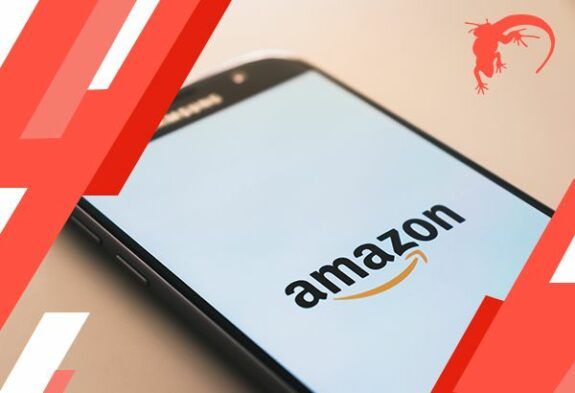Social media community management – Grow your pages organically!

Community management is very important for those brands that utilize social media as a primary contributor for both sales and marketing. As a top digital marketing firm, we wanted to discuss the value and power of social media community management to grow your pages organically and help elevate your brand.
While there can be some confusion between community management and social media marketing, by the end of this article you will understand the difference along with tips for building your community the right way.
What is social media community management?
In a nutshell, social media community management directly relates to your entire online social media community. That means people on all forums from Facebook and Twitter to Reddit, Quora, or even forums you take part in.
The community is comprised of current customers and your target audience as well as all the people that interact both directly and indirectly with your brand online. By taking the time to manage this community you gain opportunities to:
- Gain valuable product or service feedback
- Manage customer complaints
- Network with brands and influencers
- Transform customers into loyal ambassadors
The difference between social media marketing and community management has to do with priorities.
- Social media marketing – Focus is on the creation and distribution of social content to expand your reach to new customers along with engaging and communicating with existing ones. Driving traffic to your site is the main goal.
- Community management – Focus is on developing relationships beyond social media content by listening to customers, responding to problems, providing customer service and being active in discussions that are related to or impact your brand. Building customer relationships is the main goal.
Why is community management important?
The importance of community management has to do with the small-scale interactions with customers and people who either interact with your brand or might want to interact with you. These small touch points are key methods of personalized contact that can go a long way in promoting a positive user experience and showcasing your brand personality.
Fun facts – Between 2014 and 2015 customer complaints on social media increased x8 according to an article from The Guardian. According to a 2017 survey 55% of consumers have used social media to “call out” brand to get a resolution or a response.
Even a single angry customer’s voice can be amplified on social media platforms, reaching others based on social media association, word-of-mouth, sharing screenshots, or even trails of comments. On the flip side, the same goes for happy customers and with property community management you can create more of the happy customers while reducing the angry ones.
Community management basics
At the most basic level we can break down community management into four aspects:
- Monitoring – It starts with an ongoing effort to listen to social media channels. You can use Google Alerts along with other services such as BuzzSumo or Hootsuite to track mentions of your brand. Make sure to include name variations and misspellings along with products and the like to cover all the bases.
- Engagement – The goal of engagement is to create a positive impact each time you jump into a conversation. The more positive comments created by you and your community, the stronger your brand will become. Make sure to respond, start conversations, and keep conversations going for more engagement and reach. Take the time to thank customers, acknowledge problems, resolve complaints, and discuss your products or services. Also, avoid auto-responses or using generic responses and of course Do Not Feed The Trolls!
- Moderating – Moderating is similar to engagement however the primary focus is managing your reputation. This means addressing all negative feedback and scrubbing spam from your profiles to ensure your brand is showroom ready. Offensive or overly promotional posts and comments should be hidden. Some platforms, such as Facebook, have filters to block out profanity and spam language.
- Measurement – To measure the impact this endeavor there are tools that will search and analyze internet mentions to understand the strength, passion, and reach of your brand. Quick Search, Hootsuite, and Rapidminer are all good examples. You can also gain insights from asking for feedback on social sites as well as listening in general to what is being said by customers.
Tips for community management
- Learn how to banter – You can’t just broadcast to people, you need to engage with them. To do that, learning how to banter is important so you can answer questions and respond to comments in a way that elicit additional responses and continued engagement. There are quite a few good books geared towards witty banter and better conversations with tips that can be directly applied online as well.
- Pace yourself – The internet is a vast landscape and people are on it 24/7 however, for the most part, a business isn’t. It is important to set boundaries about response and working with the community because otherwise, it is easy to get sucked into responding to people instantly even if that means answering a midnight Facebook complaint.
- Always smile – It is important to put on the good face at all times which means providing service with a smile. The internet can be a mean place, but make sure you kill them with kindness. This will reflect positively on your brand.
- Have clear guidelines – Community guidelines should be created and adhered to. They are a terrific way to establish rules of conduct and a place you can point to for the reason you hid comments or banned someone.
The bottom line
The bottom line is that if you are active on social media it makes good sense to actively manage that community. Social media community management is a fantastic way to grow your pages organically while foster connections and elevating your brand; all of which is great for growing your business.
Be sure to check back every week for great new Lounge Lizard blog articles.





